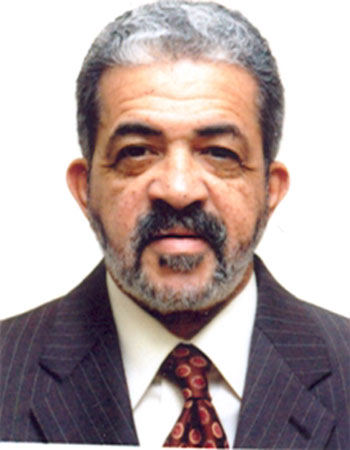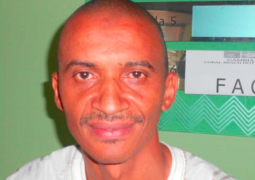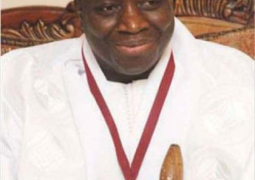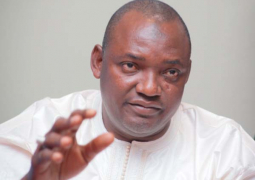
The
The head of mission at the US Embassy in
The two-day workshop, which is intended to provide the participants with an in-depth working and practical knowledge of food safety management systems, based on the Codex HACCP principles, and ancillary knowledge and skills required by all stakeholders, is meant for seafood producers and processors, as well as food sector workers.
It will also provide them with an up-to-date general knowledge of HACCP, and its relationship with national and international standards, as well as trade and legislative requirements, particularly for exporters of fish and seafood products to the
This training session covers topics, such as sanitation, quality standards, food preparation, proper food handling, good hygiene, legal applications of HACCP, and proper guidance on its implementation.
HACCP is a process that has been established for juice, meat, poultry and seafood processing in order to prevent food borne illness. It is a systematic preventive approach to food and pharmaceutical safety that focuses on the physical, chemical and biological hazards, as a means of prevention, rather than a finished product inspection.
Ambassador Wells, in his speech, noted that the
He added that they believe the fisheries sector is one with great potential for growth in terms of economic development and international trade.
The Ambassador further reiterated that the
According to the
He pointed out that HACCP is used in the food industry to identify potential food safety hazards, so that actions, known as Critical Control Points (CCPs) can be taken to reduce or eliminate the risk of the hazards being realised.
"There is great potential market for fish in the
He further revealed that fish is among the 6,400 products that are approved as tariff free products under the Africa Growth and Opportunity Act.
Speaking earlier, the Director of Fisheries, Famara Dampha, hailed the US Embassy's efforts to improve trade links between The Gambia and the
The training workshop on HACCP is very important to the country, Mr. Dampha said, noting that it will mark an important and necessary step towards improved trade relations between the two countries.
Other speakers were Ousman Drammeh, the Project Manager of WWF (Banafa) and Modou Njie, the Principal Fisheries Officer at the Department of Fisheries in
Read Other Articles In Article (Archive)




